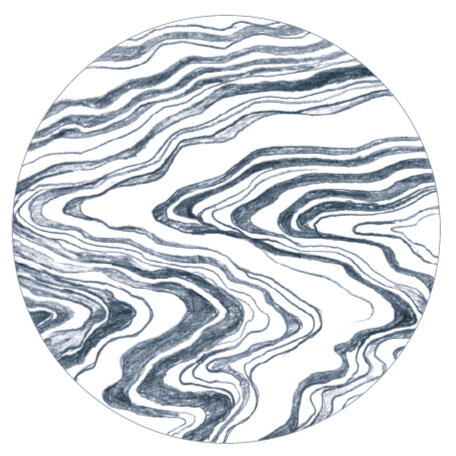About Chinese Medicine
There are twelve channels that in the external world relate to the twelve great waters. -Jia Yi Jing
Traditional Chinese Medicine, also known as Oriental Medicine, is a complete system of medicine that originated in China over 2,000 years ago. Based on the idea that the human body mirrors principles that govern the external world, or that the microcosm mirrors the macrocosm, it is as much a philosophical system of ideas as it is a clinically and scientifically proven medicine that is effective in treating a wide variety of disease.
Within the microcosm of the human body, channels (or “meridians”) carrying life energy (or “qi”) behave in similar ways to the way rivers and streams flow and interconnect with each other. The vital organs of the body connect to these channels, and perform important tasks such as regulating blood flow, controlling digestion and the distribution of nutrients to the body, and governing growth and aging.
In Chinese medicine, disease arises from a variety of factors. External forces that one sees in nature – such as wind, damp, and heat – can enter the body and cause harm (think viruses and bacteria…) Likewise, disease can originate from internal problems and imbalances of the channels, organs, and vital fluids / substances of the body.
Chinese medicine attempts to expel these disease – causing elements, to correct internal imbalances, and to enable the body to heal itself. Acupuncture needles redirect or balance the flow of qi in the channels to a more healthy model; herbs enter certain organs and channels to affect change; and lifestyle changes and exercises encourage a correct and healthy flow of qi and blood.


